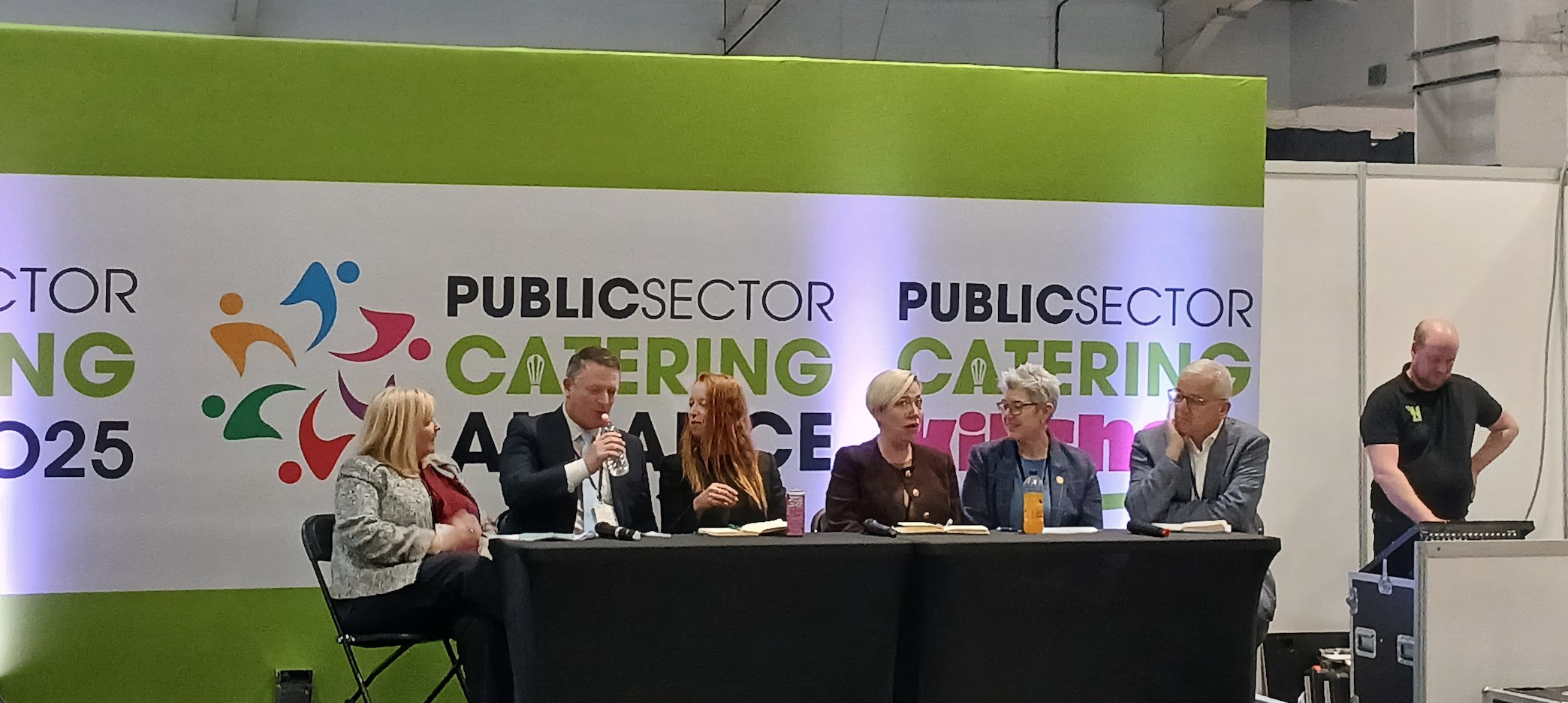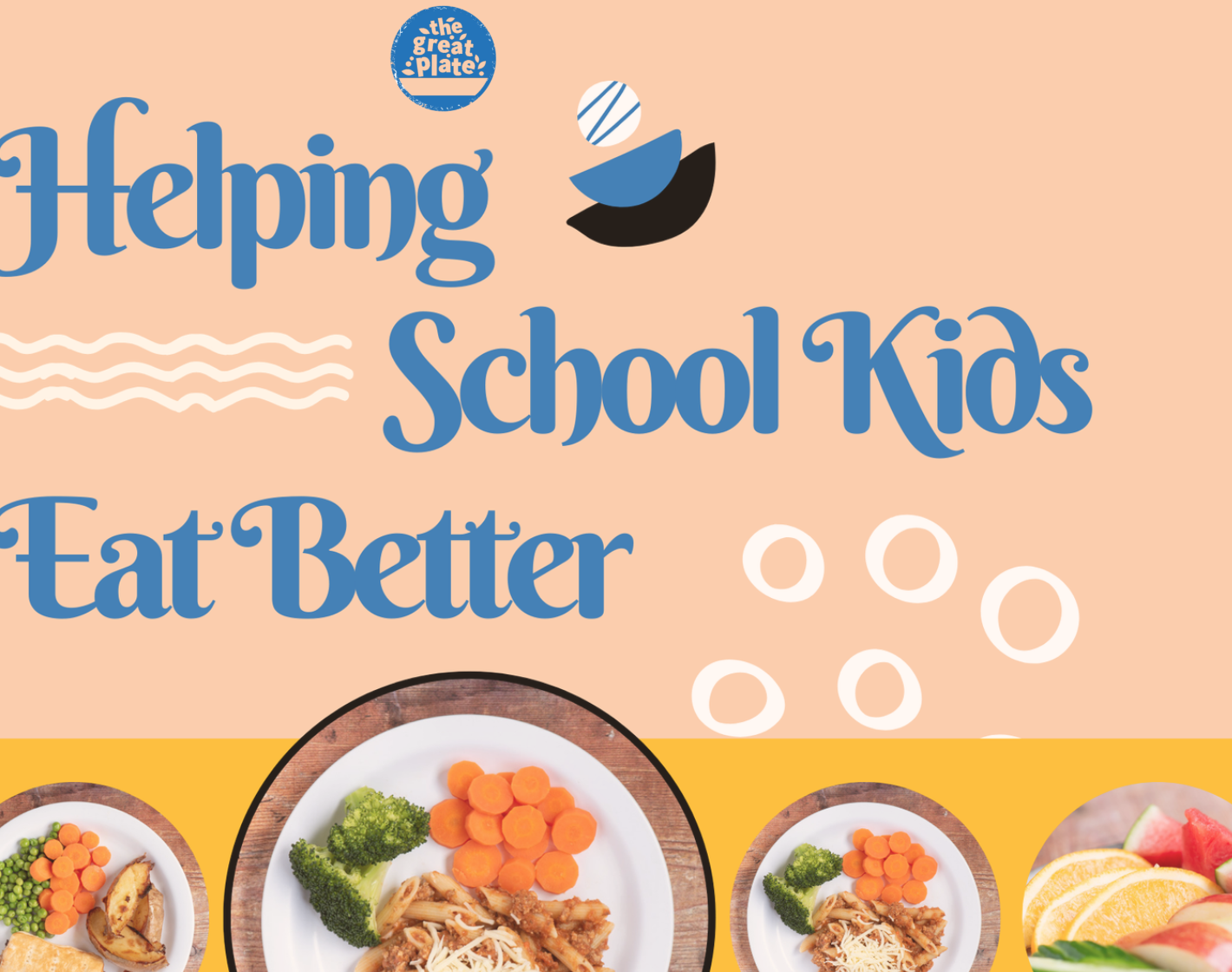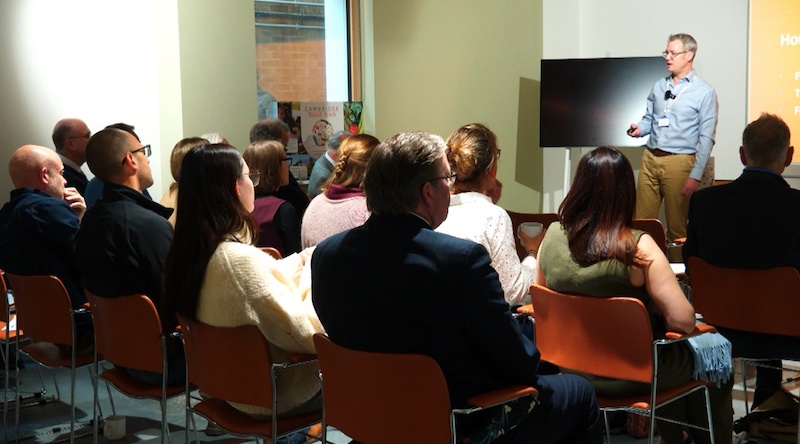Galloway Food Hub hosts procurement and catering staff from NHS and local Council on a field visit to local suppliers.

Bright and early on Monday 15 September, the Procurement for Good minibus left Dumfries Train Station for a day of learning and connecting across Dumfries and Galloway. We were joined by Procurement Officers, Catering Managers, and Supply Chain Leads from the NHS and local Council who had joined us to see first-hand how local food is grown and produced — and to consider how supply chains in Galloway can better connect with public procurement.
The day provided more than just farm tours. The group got to listen to producers first hand, to ask questions, and to reflect on how procurement decisions shape both the sustainability of our food system and the resilience of local economies.
We began the morning among rows of fresh, seasonal vegetables in the polytunnel at Pleasance of Cargen Farm. Here, we saw the scale and variety that local growers can provide even when not working full time as a grower. We discussed the challenges of aligning seasonal produce with menu planning in public kitchens and how to deal with the gluts that seasonal produce presents.
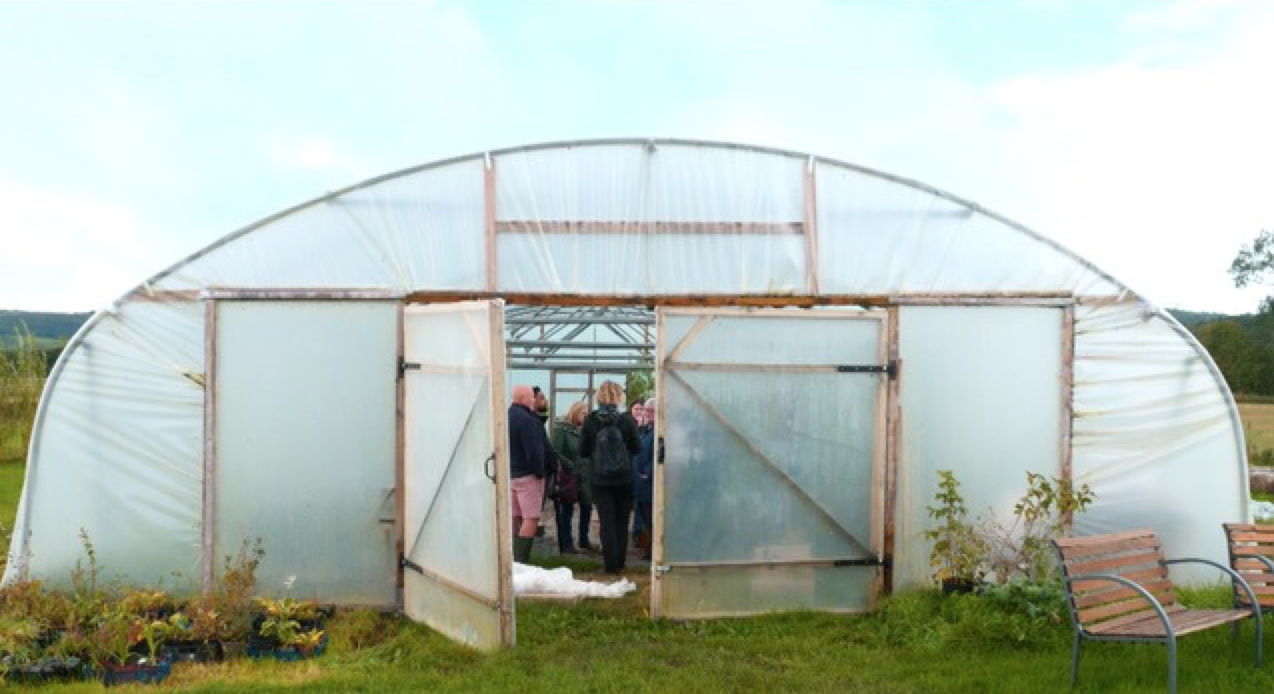
Our second stop was Torr Organic, a local dairy farm producing organic milk. At the dairy, the group learned about the practicalities of organic production, from animal welfare to processing. A highlight was hearing how a smaller, local dairy maintains quality and consistency, debunking our conceptions of what is and is not contained in organic milk (organic milk still often containing antibiotics being one important piece of learning).
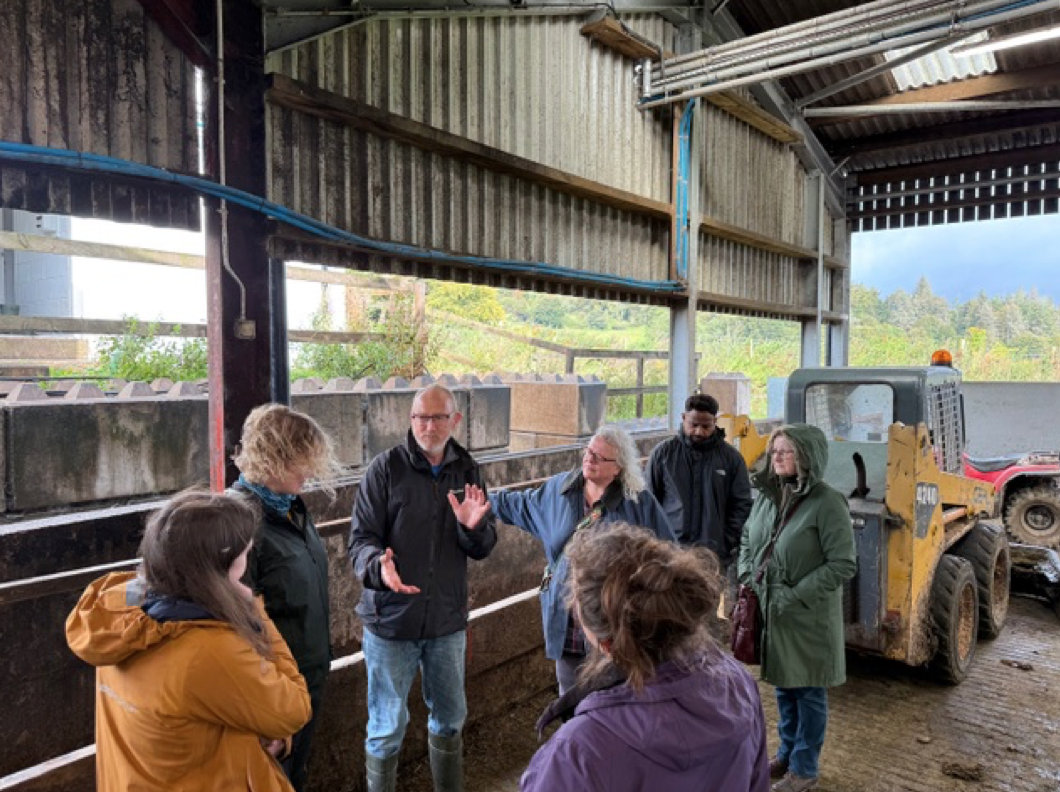
After lunch we headed to Greenlaw Mains, another farm that reinforced how much diversity sits within the region’s fields. Farmers spoke candidly about logistics, volumes, and what they need from buyers to make local supply work reliably. We were even able to pick some of our own carrots, turnips and leeks out of the field.
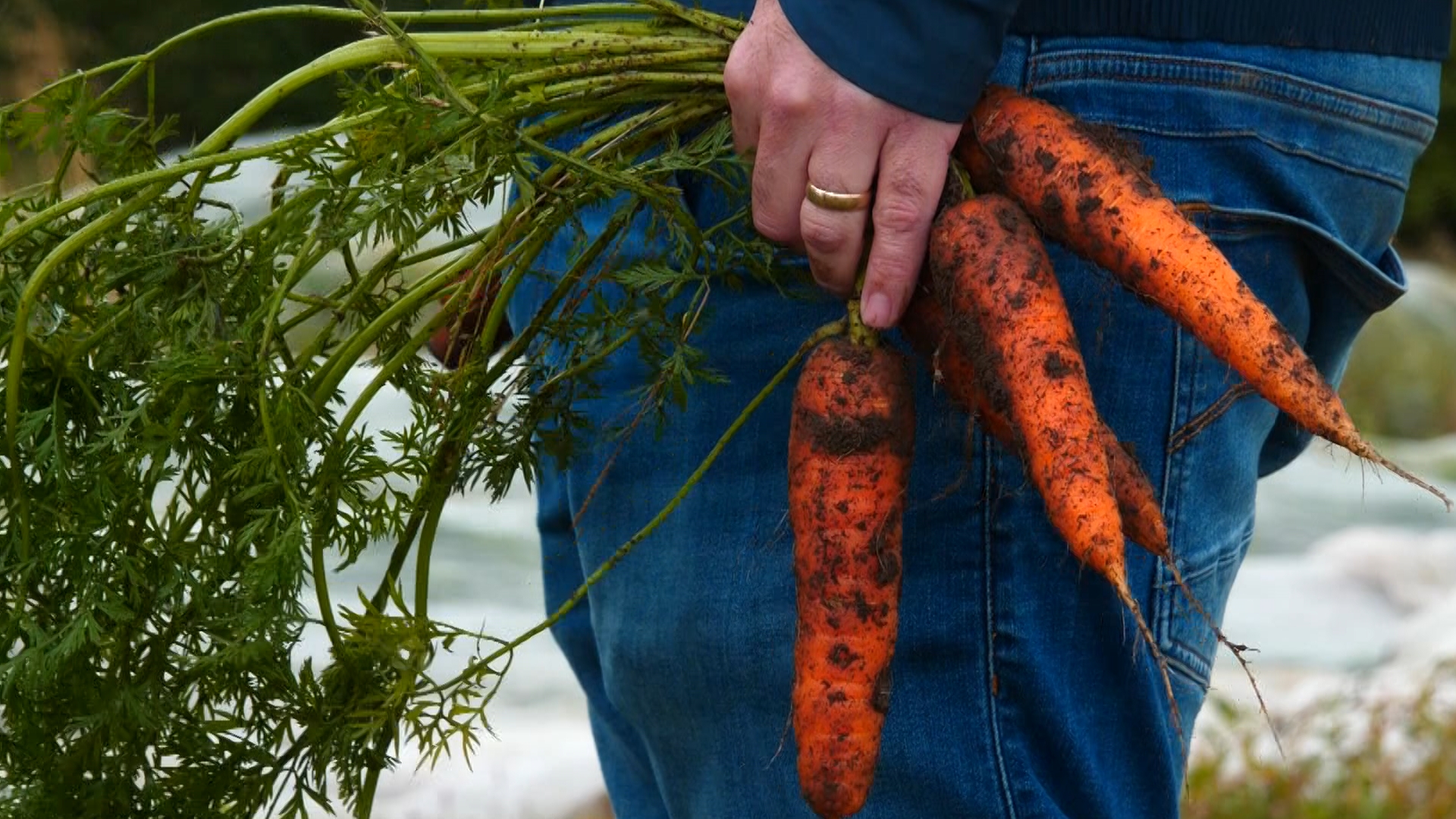
Our final stop for the day was Low Auldgirth Steading a family-run farm producing high-quality meat. The group discussed animal welfare, traceability, and how public institutions might support shorter, more transparent supply chains for meat – as well as hearing about the agroecological vision of the farm more broadly.
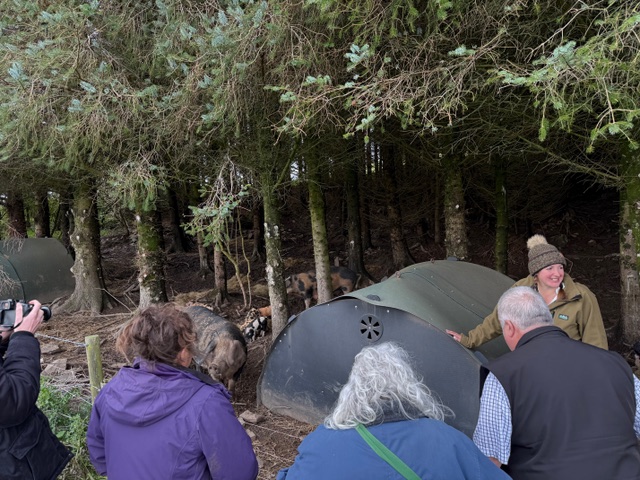
Throughout the day, one message came through clearly: procurement decisions are about more than price. They influence how land is managed, how farmers plan for the future, and what ends up on children’s plates in schools or on patients’ trays in hospitals. The second message that came through loudly from procurement colleagues is that price matters as budgets are increasingly squeezed.
As the Procurement for Good project continues to explore this tension, these farm visits will help procurers and producers explore these challenges together. Our bus tour in Galloway is hopefully just the beginning of deeper conversations between producers and buyers — and an important step towards conversations that are not siloed in one part of the food system.
Latest news
